
Sciences & Technology
When it’s hot in the city, let green spaces do the sweating for you
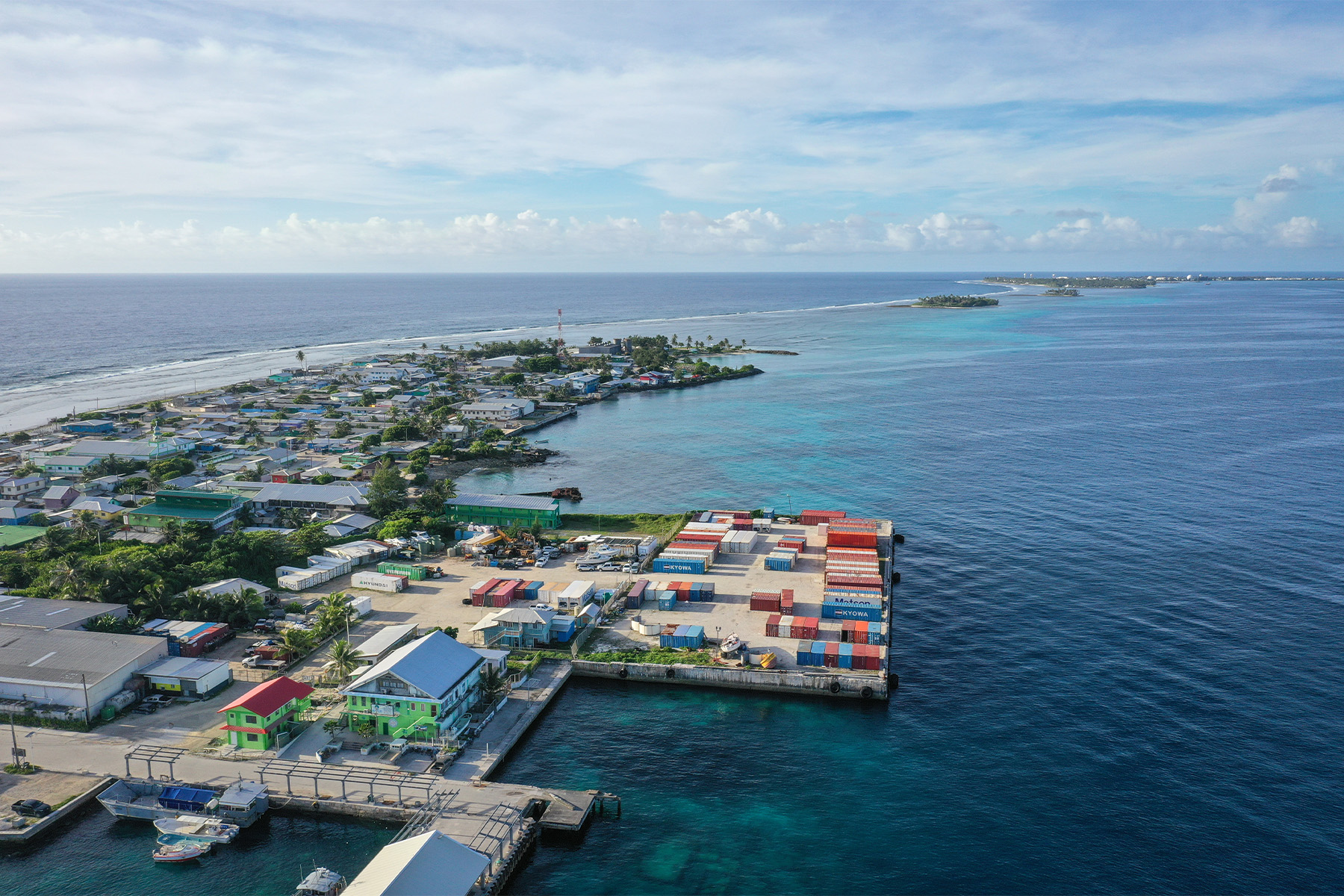
Supporting climate adaptation for vulnerable peoples is not just a matter of ‘aid’ but rather a legal obligation that must be met
Published 27 November 2023
Continued high emissions of greenhouse gases mean the wellbeing of all people now depends on profound changes in policies and practices to effect climate change adaptation.
Climate change adaptation reduces the impacts of climate change. It involves a wide range of processes and practices to make our lives better suited to a changing climate, for example by greening our cities to reduce heat stress, stopping building in hazardous locations, living shorelines for coastal protection and changing how we plan for and respond to disasters.
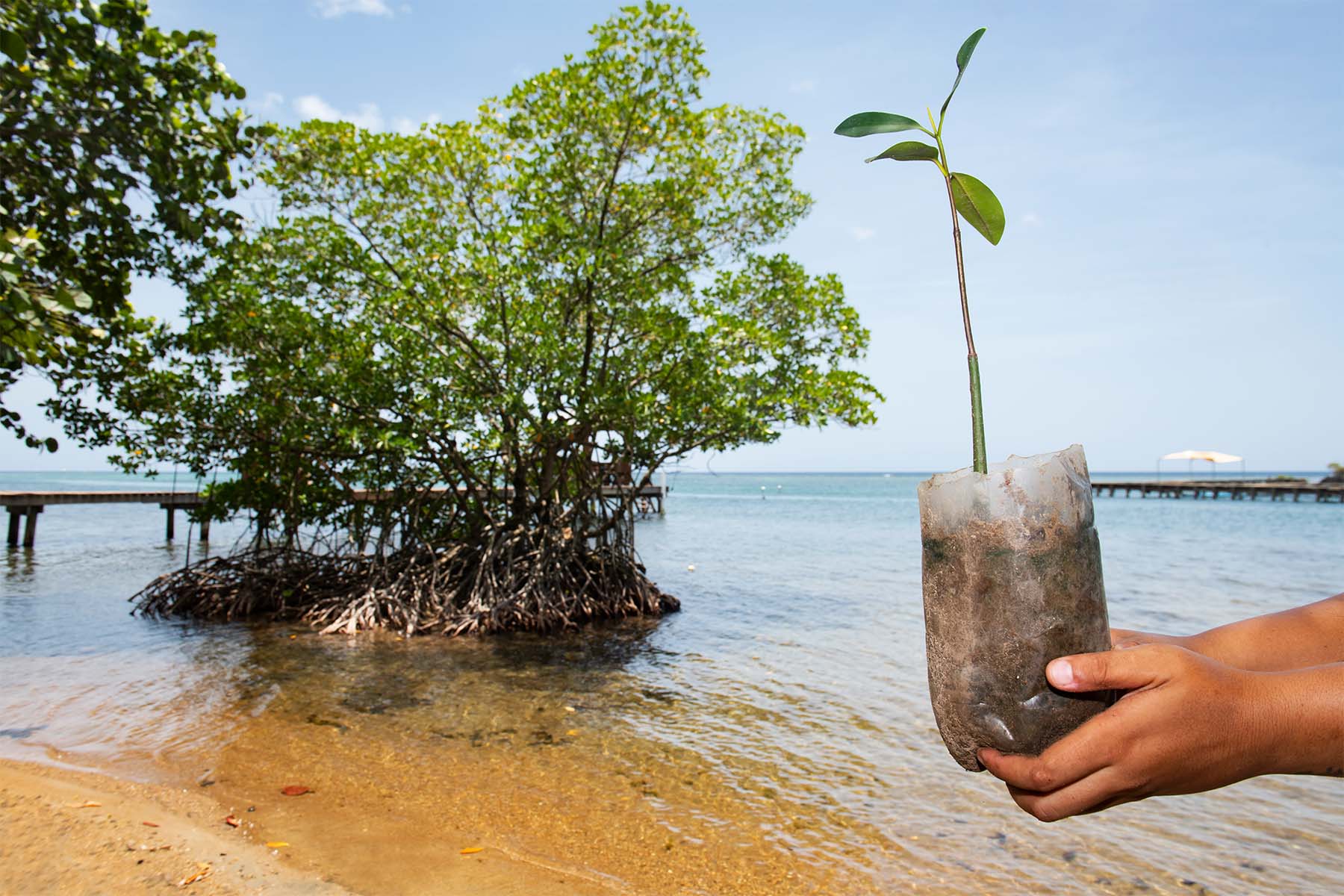
Yet as a recent United Nations report shows, government efforts at climate change adaptation are even worse than their efforts at reducing emissions.
We know that climate change already impinges on fundamental human rights, including rights to health, life, food, and water. These impacts are greatest in places where there is less capacity for investment in the kinds of engineering, planning, regulation, social services, social safeguards and technologies that reduce vulnerability to climate change.
These factors are the difference in vulnerability to sea-level rise between Port Moresby and Port Melbourne, to drought between Ethiopia and Australia or to cyclone risk between Dili and Darwin. In all cases, adaptation could remedy these human rights violations and ensure against further violations in the future.

Sciences & Technology
When it’s hot in the city, let green spaces do the sweating for you
Yet in many places, like Australia, governments fail to facilitate adaptation because they see no legal obligation to do so. In others, like the Marshall Islands, governments lack the resources and capacity to undertake necessary interventions.
But this perception that there is no legal imperative to ensure adequate adaptation measures is wrong. Individuals and peoples are guaranteed a right to climate adaptation as an indispensable part of existing human rights law.
These laws oblige States, to the extent they are able, to implement adaptation that is comprehensive, effective and equitable. It also means the international community has obligations to assist States that – through no fault of their own – lack the resources and financing to implement rights-protective adaptation.
Virtually all States have ratified the main international human rights treaties, under which they are legally obliged to uphold and protect the human rights of all their citizens, including the right to health, life, food, water and culture.
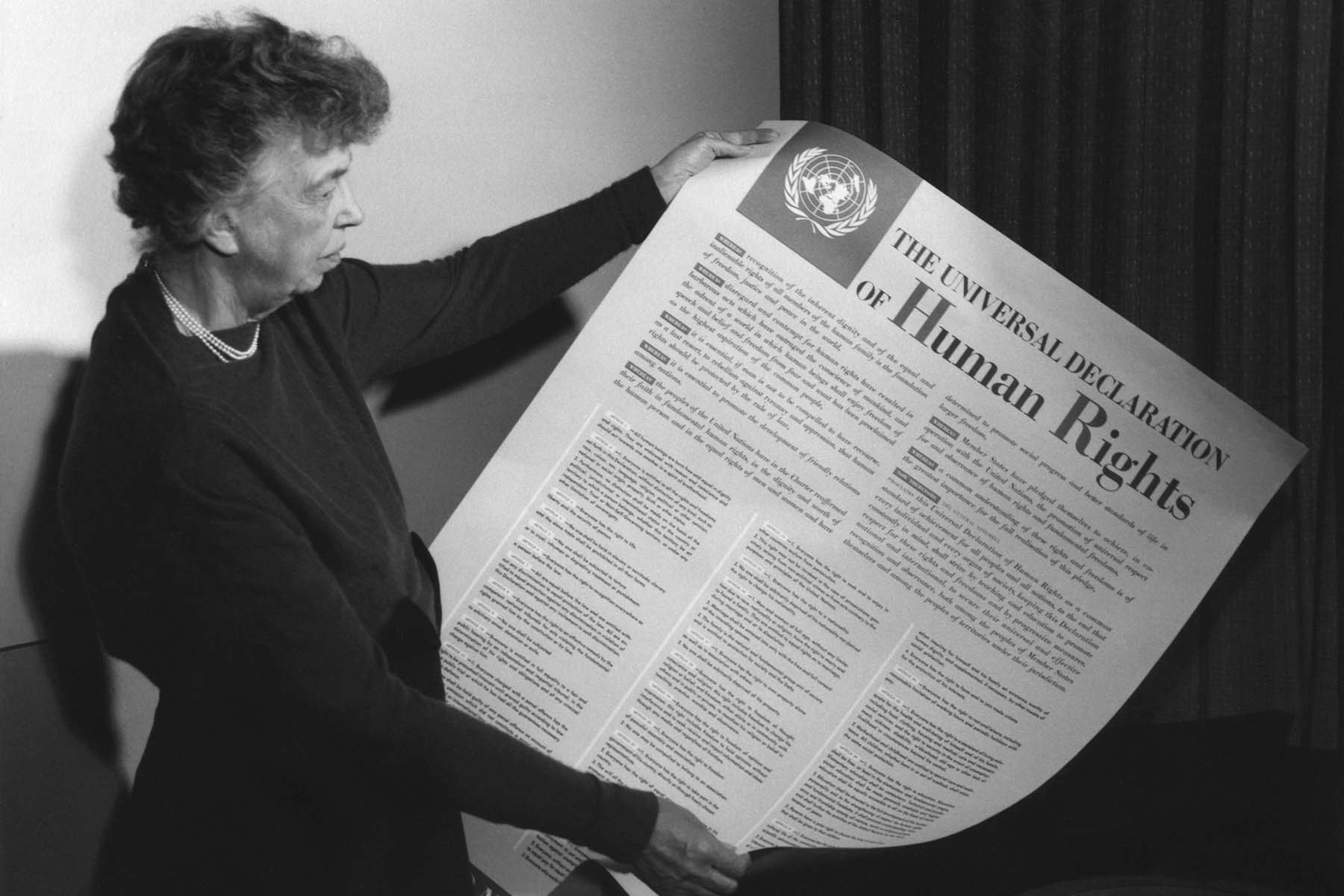
Given existing concentrations of greenhouse gases in the atmosphere, these human rights are and will continue to be impinged upon even with the most ambitious emissions reduction actions. This means that states are legally obligated to undertake adaptation actions to protect the human rights of their citizens.
Under well-established human rights principles, the rights of individuals in small or remote communities cannot be afforded a lower level of protection. In fact, because the human rights of marginalised and vulnerable groups are already more compromised, States are obligated to take extra care to ensure their protection.

This is why the UN Human Rights Committee found in 2022 that Australia violated the human rights of Torres Strait Islanders by failing to provide adaptation to protect them against the impacts of climate change.
Human rights law also has the potential to address the transboundary nature of climate harm. In recent years the Inter-American Court on Human Rights and the United Nations Human Rights Council have relied on the transboundary harm principle to hold States responsible for human rights violations beyond their borders that were caused by their pollution.
Moreover, developed States are obligated to assist developing States to achieve their citizens’ economic, social and cultural rights.
These two legal duties show that developed States have a responsibility to assist with climate adaptation in vulnerable countries, both as a remedy for violations stemming from their conduct, and to fulfil their duties to advance human rights globally.
One of the foundational principles of international law writ large, the right to self-determination, guarantees all peoples’ inalienable rights to political independence and self-governance, territorial integrity and permanent sovereignty over their natural resources.
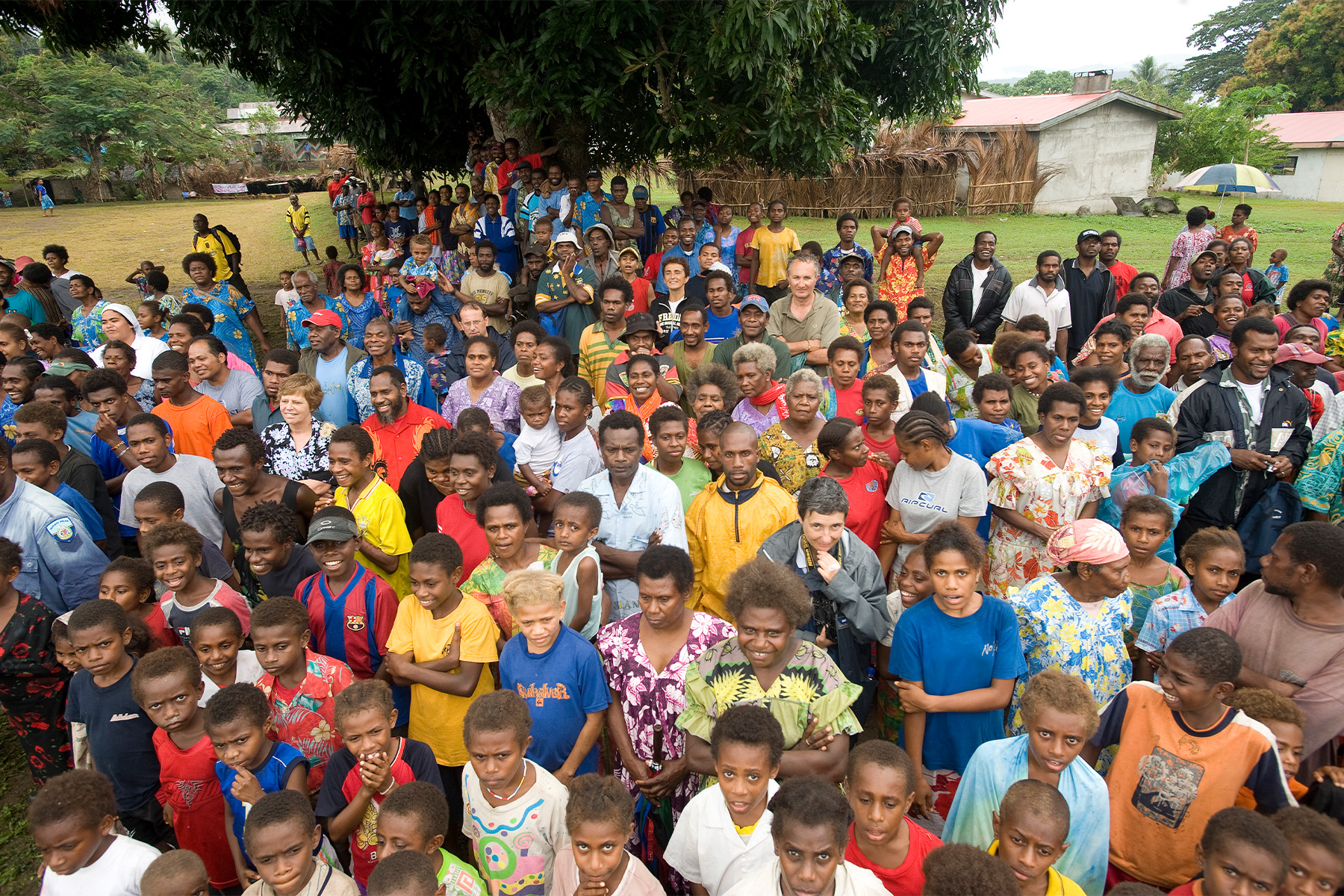
Climate change threatens this right by depriving affected peoples of land and resources.
Already, the self-determination of many vulnerable peoples – including small island states, non-self-governing territories and indigenous peoples – is being affected as climate change degrades resources, erodes coastlines and imperils the survival of culturally essential species.
In the most existential of cases, sea level rise threatens to render many of the small islands in Oceania uninhabitable in the near future, threatening their ability to maintain (or achieve, in the case of non-self-governing territories) political independence and self-governance.

Environment
Planning floodproof cities
Adaptation could prevent such rights violations, but those most at risk largely lack the resources to undertake necessary interventions.
All States hold strict obligations to uphold the peoples’ right to self-determination, with no exceptions permitted. These obligations are owed by the entire international community to each member and vice versa.
Thus, the principle of self-determination obliges states to assist vulnerable peoples with adaptation sufficient to preserve territorial integrity and sovereignty, regardless of cost or difficulty.
The perceived smallness or remoteness of an affected people is immaterial – all peoples are entitled to the same right to survive and thrive.
The human right to adaptation casts Australia’s engagement with Pacific small island states in a different light. Consider the case of Tuvalu, for example, which is a Least Developed Country comprised of atolls that are on average only two meters above sea level.
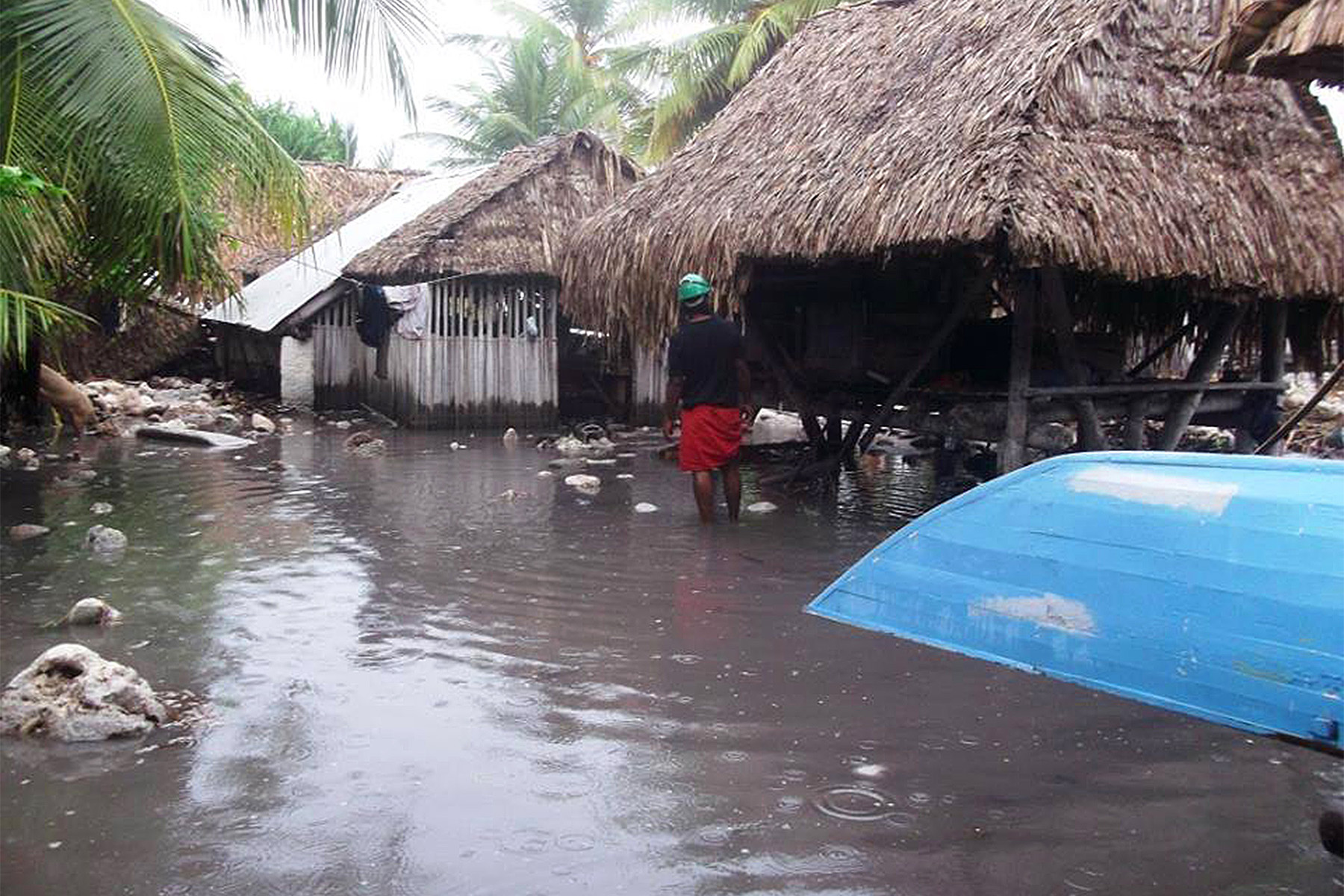
Tuvalu has shown how it can adapt to climate change, but it relies on financial and technical assistance to do so and the assistance provided to date is vastly inadequate.
Through the lens of international law, the goal for adaptation in Tuvalu is to protect human rights and the right to self-determination, and countries like Australia have absolute legal obligations to provide the assistance necessary to achieve this no matter the cost of difficulty.
Supporting adaptation in Tuvalu and other small island states in our region is therefore not a matter of ‘aid’, or diplomacy, or largesse, but rather is simply a legal obligation that must be met.
Banner: Getty Images